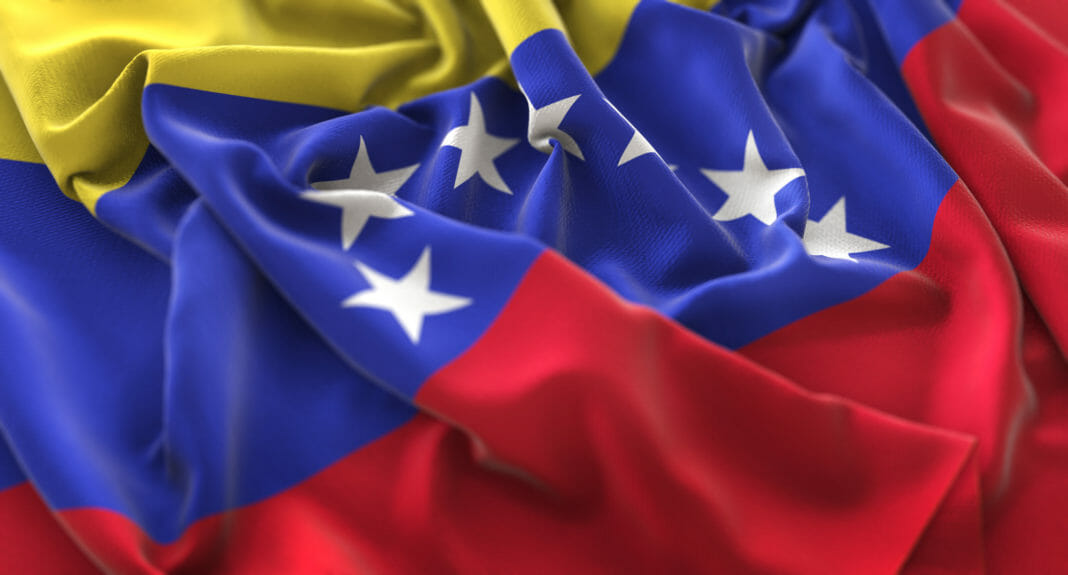Antonio uses Bitcoin as a method of sending remittances to Venezuela. In Brazil, there is still no specific regulation for cryptocurrencies.
Two years ago Antonio migrated to Brazil due to the economic crisis in Venezuela. He had to travel alone, and so he left his parents and other loved ones behind.
The International Monetary Fund estimated inflation at 1,000,000% in late 2018, when the Venezuelan diaspora exploded. Something similar had occurred in Germany after World War I and in Zimbabwe in 2000.
In recent months about 5,000 Venezuelans have emigrated daily seeking economic stability, security and quality of life. In June, the UN Refugee Agency (UNHCR) and the International Organization for Migration (IOM) determined that around 4 million Venezuelans have emigrated.
According to the World Bank, the population was estimated at 28 million inhabitants in 2018. Almost 15% of Venezuelans have left the territory, becoming one of the largest groups of displaced people worldwide. UNHCR and IOM determined that the number increased by one million in just seven months.
When Antonio’s documentation was in order, he had different jobs until he began working as a baker, his area of expertise, which has allowed him to help his family. However, changes in government policies have led to a foreign exchange control that greatly hinders the sending of remittances to Venezuela.
LocalBitcoins
Antonio stopped sending remittances through the Venezuelan government and banks, and opted for electronic payment methods such as PayPal. However, high commissions made him dismiss it because he lost part of the money that he wanted to send. After investigating and talking with other Venezuelans in Brazil and other countries, he learned that Bitcoin is widely used by migrants to help their families.
Exchanges in LocalBitcoins with Latin American currencies have reached their historic highs recently. Venezuela ranks second regarding world trade in bitcoins in this platform, only surpassed by the United States. One reason for these high figures is the sending of remittances through the platform.
Before using this method, Antonio learned how to operate Bitcoin and taught it to his parents. It was easy, since the cryptocurrency’s popularity has generated abundant information on this subject and the term Bitcoin is very frequently searched with Google.
Using the Platform
After complying with the KYC (know your client) and AML (anti-money laundering) process, aimed to reduce scams, money laundering and terrorist financing, he became a verified user who could perform operations in exchange for bitcoins in the LocalBitcoins platform.
Antonio changes his salary in reais twice a month and sends it through LocalBitcoins to his parents’ portfolio, and then they exchange the bitcoins for bolivars. Both parties know the risks of using a hot wallet like this platform, since it can be attacked more easily.
To reduce the risk, his parents change the remittances into fiat money and have them available through the bank. However, the country’s hyperinflation compromises their purchasing power and they must use the remittances within the same week that they receive them, as prices rise weekly.
With the bitcoins that they receive they can buy food and medicines. They can even pay medical service providers such as eye doctors and dentists.
Despite the crisis and inadequate public services, which do not allow his parents to have a carefree life, Antonio feels relieved because he can help his family with Bitcoin.
By Willmen Blanco











